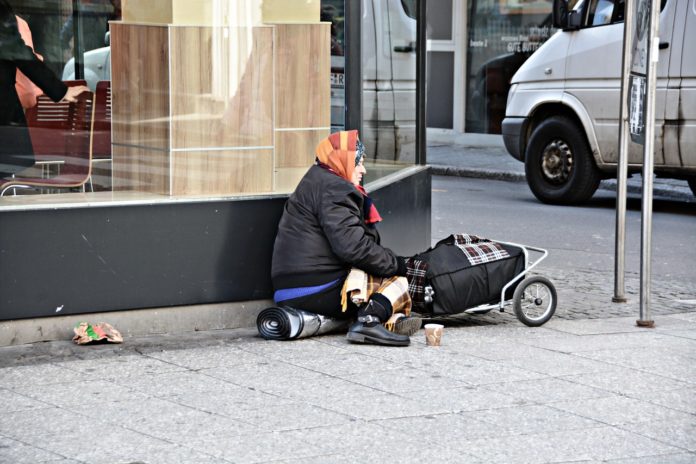The regional Department of Social Services, Equality and Housing has activated a coordination protocol with the town councils and social entities and with the Valencian Agency for Security and Emergency Response to guarantee the best care for homeless people in the face of low temperatures and inclement weather that is being recorded in the Valencian Community.
The general director of Inclusion and Development Cooperation, Pedro Carceller, has explained that the protocol has already been sent to the councils of municipalities in the Valencian Community with more than 25,000 inhabitants and to third sector entities that work with the most vulnerable people, “informing them of its content and requesting their collaboration to guarantee attention to the basic needs of homeless people, with the aim of expanding and improving the care network.”
As highlighted by the general director, the purpose is to “work together and commit to coordination” to provide comprehensive care to those people who, due to various circumstances, do not have access to the stable resources available for this group and that “no homeless person of the Valencian Community is left without receiving the necessary attention and support.”
In this sense, the protocol takes into account both the resources available to the Generalitat and some of the municipal resources that could be used urgently on days when temperatures are lower.
The protocol proposes, for the first time, that each council have a device for reception, care and information for homeless people, which will be responsible for supervising if any of these people are sleeping on the street and do not have information about municipal resources and existing entities that can accommodate them during the night.
In the field of social initiative, the work carried out by entities that have reception, accommodation and maintenance programs and that are already working with these people so that they continue doing this task in coordination with the public officials in their territorial area is supported.
Specifically, on the coldest days, the Second Vice Presidency urges the municipalities, which are responsible for immediate care, to enable spaces that can be used as low-demand shelters or as living spaces, with spaces of personal hygiene, as well as the installation of laundry services.
Likewise, it is recommended to provide blankets and warm material for those who spend the night on the street and provide hot drinks and food.





